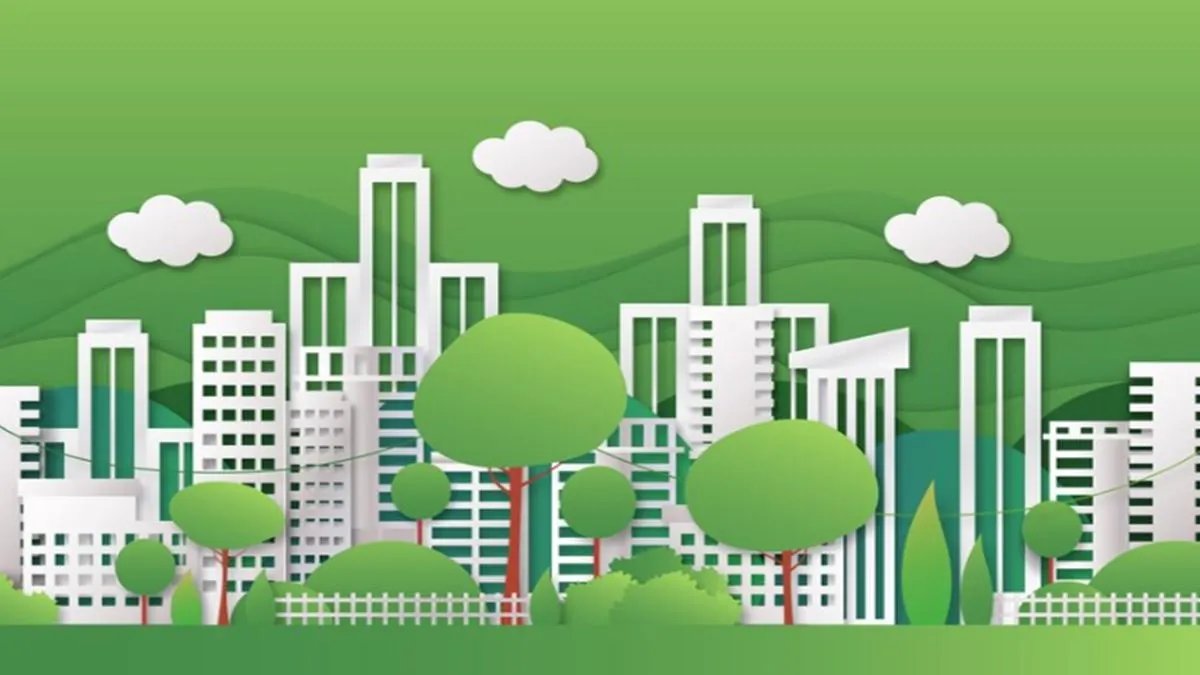The Indian real estate sector is undergoing a paradigm shift, transforming cities into smart urban centres aligned with a future shaped by technology, sustainability, and evolving lifestyle needs. Traditional preferences focused on location and size are giving way to demands for intelligent, eco-conscious, and hyper-connected living spaces.
Developers are redefining luxury by incorporating sustainable features and cutting-edge innovations that enhance comfort while minimizing environmental impact. In line with global technological advancements, the home automation market in India is also experiencing significant growth.
According to the report titled ‘India Smart Home Market Outlook, 2026’, the smart home market in India is expected to grow at a CAGR of more than 35% in from 2021 to 2026. These developments are fast becoming the new norm for urban dwellers seeking convenience, security, and efficiency.
Also Read: RBI Reduces Repo Rate to 6%: What should existing and new homebuyers do now?
Commnting on the same, Sandeep Chhillar, Founder and Chairman, Landmark Group, says, “The evolution being witnessed in the real estate sector is truly impressive. A luxury home is not confined to just marble floors and grand views, the future of real estate is creating spaces that speak experiences and are mindfully designed with intelligent, efficient, and lifestyle values. We bring smart automation, solar energy, and climate-responsive sustainable design into our projects and try to ensure that these modern living spaces are tailored to fulfil the requirements of today’s new-age homebuyers.”
Developers are increasingly incorporating solar panels to harness clean energy, reduce reliance on conventional power grids, and lower long-term operational costs. Rainwater harvesting systems are also being implemented to optimize water usage, supporting self-sustained ecosystems within high-end communities. Additionally, natural ventilation and passive cooling techniques are emerging as key design features, minimizing dependence on artificial climate control while enhancing indoor air quality.
Gurpal Singh Chawla, Managing Director, TREVOC,says, “In the evolving landscape of real estate, especially in NCR, we’re witnessing a clear shift in what discerning buyers expect from their homes. Larger layouts, thoughtful design, and a future-forward approach are now seen as essentials, not add-ons. This change is led by a more informed segment of buyers, including NRIs and HNIs, who value global sensibilities in local living, and their preferences are largely unaffected by short-term market fluctuations. At TREVOC, we see this not just as a trend but as a long-term direction and we’re aligning our projects accordingly.”
According to a joint report by NAREDCO and EY, India’s real estate industry is on track to reach a $1-trillion market valuation by 2030, driven by PropTech innovations and government initiatives like the Smart Cities Mission and the Digital India campaign.
Prateek Tiwari, MD, Prateek Group, says, “With the increase in the working and aspirational class of homebuyers, the housing segment is undergoing a transformative shift. With an inclination towards futuristic homes, new-age and millennial homebuyers seek homes that facilitate comfort, style and ease of life. We see technology as an enabler that elevates the quality of life and adds value to every square foot. Our projects come up with solar panels, rainwater harvesting, smart security systems, EV Charging stations, and intelligent climate control that not only cater to futuristic living but display how digital convenience and eco-conscious design can come together seamlessly.”
Rajjath Goel, Managing Director, MRG Group, says, “Luxury living today is all about balance, where style, comfort, and sustainability come together. More than ever, high-end buyers want homes that reflect their values, not just their status. They’re looking for spaces that feel good to live in and do good for the planet. As developers, we see this as a long-term shift, not a passing trend.”
The shift from conventional brick-and-mortar structures to adaptive, tech-enabled, and eco-conscious homes marks a defining moment for the industry. As homebuyers evolve, so do their homes, and the future of real estate is already here, reshaping the way India lives.






